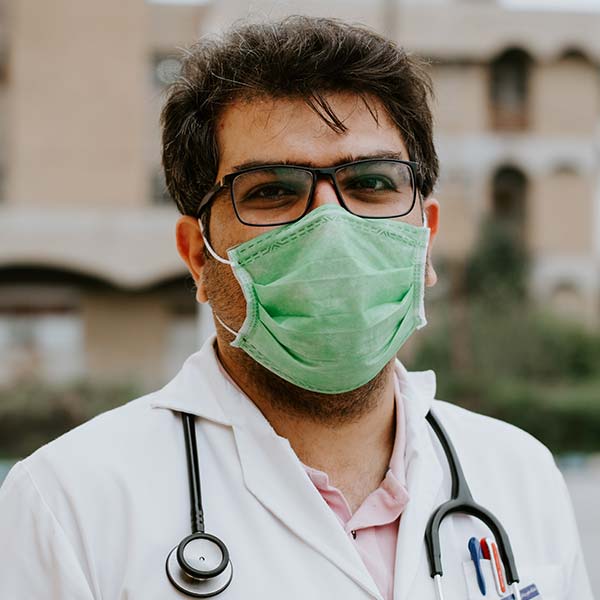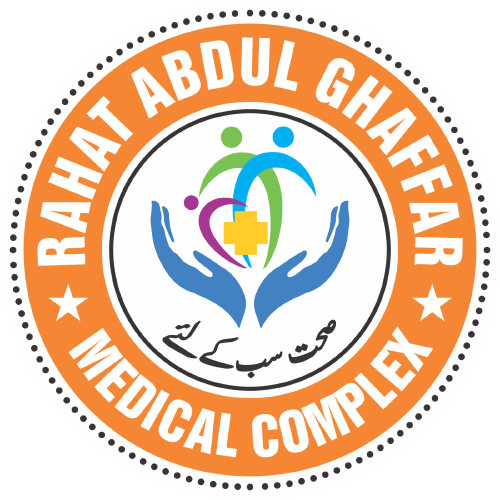Medicine Care Doctors

Walter Moore, Ph.D.
Metus fringilla ullamcorper odio aliquam lacinia conubia mauris tempor etiam ultricies proin quisque lectus sociis tristique integer phasellus inceptos taciti pretium adipiscing praesent.

Mindy Farrow, Ph.D.
Metus fringilla ullamcorper odio aliquam lacinia conubia mauris tempor etiam ultricies proin quisque lectus sociis tristique integer phasellus inceptos taciti pretium adipiscing praesent.

Robert Strong, Ph.D.
Metus fringilla ullamcorper odio aliquam lacinia conubia mauris tempor etiam ultricies proin quisque lectus sociis tristique integer phasellus inceptos taciti pretium adipiscing praesent.
Outline of the Medicine Department
- Introduction to the Medicine Department in Hospitals
- Importance of a Well-Equipped Medicine Department
- Roles and Responsibilities of Medical Staff
- Types of Medical Professionals in the Department
- Facilities and Equipment in a Medicine Department
- Patient Care and Consultation
- Medication Administration
- Emergency Services in the Medicine Department
- Research and Innovation
- Challenges Faced by the Medicine Department
- Training and Education for Medical Staff
- Quality Assurance and Patient Safety
- The Future of Medicine Departments
- Conclusion
- FAQs about Medicine Departments
Medicine Department of Hospital: Ensuring Quality Healthcare
In the fast-paced world of healthcare, the medicine department of a hospital plays a pivotal role in ensuring that patients receive quality care and treatment. This article delves into the critical aspects of the medicine department, highlighting its significance, the roles of medical professionals, facilities, patient care, and the challenges it faces. So, let’s explore the heartbeat of healthcare institutions – the Medicine Department.
Introduction to the Medicine Department in Hospitals
The Medicine Department in a hospital is often the central hub for a wide range of healthcare services. It encompasses various units, each specializing in different medical fields, such as internal medicine, cardiology, pulmonology, and more. The primary goal is to provide comprehensive medical care to patients, whether they are admitted for specific treatments or visiting for consultations.
Importance of a Well-Equipped Medicine Department
A well-equipped medicine department is vital for the effective functioning of a hospital. It ensures that patients can receive the care they need, and doctors have access to the latest medical technology and expertise to make accurate diagnoses and provide appropriate treatments. This significantly contributes to patient satisfaction and the hospital’s reputation.
Roles and Responsibilities of Medical Staff
In a medicine department, various medical professionals collaborate to offer the best care possible. Physicians, nurses, and support staff all have essential roles to play. Physicians diagnose and prescribe treatments, nurses administer medications, and support staff assist in various aspects of patient care, making it a team effort.
Types of Medical Professionals in the Department
The medicine department boasts a diverse team of medical professionals. Specialists like cardiologists, neurologists, and oncologists work alongside general practitioners, creating a multidisciplinary approach to healthcare. This diversity allows patients to access specialized care tailored to their specific needs.
Facilities and Equipment in a Medicine Department
Modern medicine departments are equipped with state-of-the-art facilities and cutting-edge medical equipment. These include diagnostic tools like MRI and CT scanners, well-equipped ICUs, and well-maintained patient rooms. The presence of such facilities ensures patients receive top-quality care.
Patient Care and Consultation
Patient care is at the core of the medicine department’s mission. Doctors and nurses work tirelessly to ensure that patients receive the necessary attention, compassion, and treatment. Consultation services offer an opportunity for patients to discuss their health concerns and receive expert advice.
Medication Administration
The administration of medications is a fundamental aspect of healthcare. In the medicine department, the accuracy of medication administration is of utmost importance. Medical professionals ensure that patients receive the right medications in the correct doses.
Emergency Services in the Medicine Department
Hospitals with medicine departments also provide emergency services. These units are well-equipped to handle critical situations and provide immediate medical intervention when needed. This is often a lifeline for patients facing life-threatening conditions.
Research and Innovation
Many medicine departments engage in research and innovation. They participate in clinical trials, conduct studies, and contribute to the development of new treatments and therapies. This commitment to research ensures that patients have access to the latest advancements in medical science.
Challenges Faced by the Medicine Department
Despite the critical role they play, medicine departments face challenges such as overcrowding, resource constraints, and staff burnout. These issues require constant attention and innovative solutions to maintain the quality of care.
Training and Education for Medical Staff
Continued education and training are essential for the medical staff in the medicine department. Staying updated with the latest medical advancements and best practices ensures that patients receive the best care possible.
Quality Assurance and Patient Safety
Patient safety is a top priority in the medicine department. Stringent quality assurance measures are in place to minimize medical errors and enhance patient outcomes.
The Future of Medicine Departments
The future of medicine departments holds the promise of more advanced medical technologies, personalized medicine, and improved patient care. The evolving landscape of healthcare will shape the way medicine departments operate.
Conclusion
In conclusion, the medicine department of a hospital is the cornerstone of healthcare. It brings together a diverse team of medical professionals, state-of-the-art facilities, and a commitment to patient care. Despite the challenges they face, medicine departments continue to be the driving force behind quality healthcare services.
FAQs about Medicine Departments
1. What is the role of a medicine department in a hospital? The medicine department is responsible for providing a wide range of medical services, including diagnosis, treatment, and patient care.
2. How do medicine departments ensure patient safety? Medicine departments implement quality assurance measures and rigorous protocols to minimize medical errors and enhance patient safety.
3. What types of medical professionals work in a medicine department? Medicine departments employ various specialists, including cardiologists, neurologists, and general practitioners, to provide comprehensive care.
4. What challenges do medicine departments face? Challenges include overcrowding, resource constraints, and staff burnout, which require constant attention and innovation to overcome.
5. How is the future of medicine departments shaping up? The future promises more advanced medical technologies, personalized medicine, and improved patient care, driven by ongoing advancements in healthcare.
